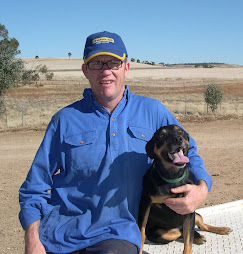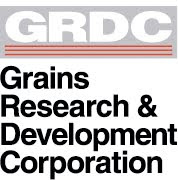Rosario is the home of AAPRESID, the Argentinean Direct Seeding Group. They are very large group with members across the country. AAPRESID hold an annual congress and they bring in speakers from all over the world and it is attended by 2500 farmers. It would be a good opportunity to go to this year’s congress in August. They run other smaller workshops and mini conferences throughout Argentina. The group delivers regular newsletters and technical papers.
A new tool for AAPRESID is the Certified Agriculture program. According to Augustine Biachi Certified Agriculture is a quality management system for the productive processes under No Tillage. It has been designed to improve the business management and to optimize the resources-use efficiency. As a result, we obtain greater productivity within an environmentally friendly and energetically sustainable context. It constitutes a key step for the institutional life of AAPRESID.
It is supported by a 20-year experience in No Till practice –a productive system based on the absence of soil tillage, on crop rotation and the coverage of the soil surface with crop residues. This procedure allows farmers to achieve a rational, sustainable and even reparative use of the agro-ecosystem basic resources like soil, water, air and biodiversity. It seems to be a very good program. I feel this will be adopted across a number of countries.
To achieve the CA title farmers need to satisfy AAPRESID in the following areas and show good agricultural practices.
1. No Soil Disturbance / Presence of Soil Residue Cover
2. Crop Rotation
3. Integrated Pest Management
4. Efficient and Responsible Agrochemical Management
5. Strategic Crop Nutrition
6. Stockbreeding Information Management
Farmers are in the process of getting their certification for 90,000 hectares and 1 farmer has just become certified.
When I asked Augustine what the three major issues for farmers were he said:
1. Government tax on exported grain particularly wheat as it is already a low return compared to other crops so a vast percentage of farmers do not plant Wheat or any other winter or spring crops. The diversity of the rotation and maintaining ground cover is best practice, but not if the farmer could lose money or not even break even.
2. Another problem is crop based with most of the rental or lease payments being done in Soybeans. The payment is 1.6 tonne per hectare (8 Bags) per annum. This put pressure on farmers to plant a large amount of Soybeans each year. The price compounds the issue as it is also the highest return. About 85% of warm season crops in Argentina each year are Soybeans and this represents an inadequate rotation with problems like soil residue, chemicals (Glyphosate)
3. Cost of production and if land is leased satisfying owners and their payments
www.aapresid.org.ar/english/index.asp
30 June, 2010
Subscribe to:
Post Comments (Atom)




No comments:
Post a Comment